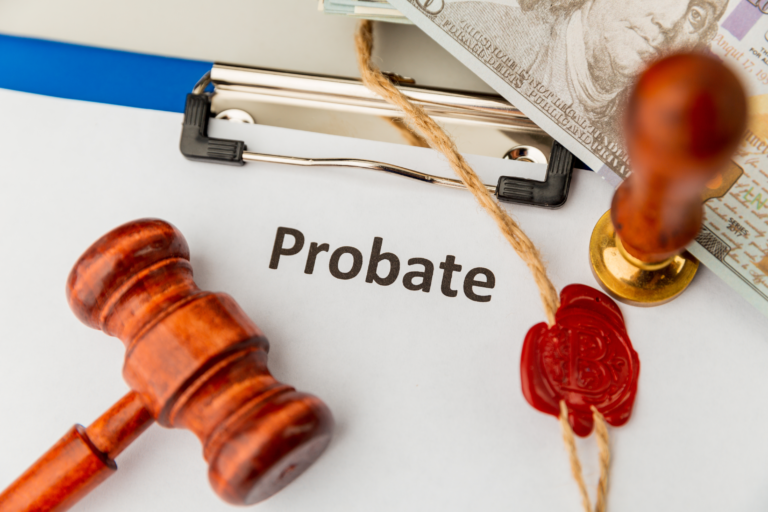The term “probate” refers to the legal process conducted by a court to supervise the distribution of a deceased person’s estate upon his or her passing. Is probate still necessary if the decedent died with a will in Florida? Read on to find out.
Is Probate Necessary If There is a Will in Florida? – The Verdict
Whether a deceased’s estate will go through probate is determined by other factors, not the existence of a will. Also, the sole existence of a last will does not waive the need for probate in Florida.
The key purpose of probate is to determine the validity of the will before proceeding to distribute the decedent’s assets according to the document’s provisions. Florida law has strict execution requirements for last wills, as provided by Florida Statutes Chapter 732.
During the assessment, the court must also determine whether the testator was mentally competent during the document’s execution. This way, it is possible to avoid potentially fraudulent misallocation of assets, incorrect beneficiaries, and other errors.
Execution of Wills in Florida – Basic Requirements
Florida Statutes §732.502 (1)(a)(b) provides that “every will must be in writing and executed as follows:
- The testator must sign the will at the end; or
- The testator’s name must be subscribed at the end of the will by some other person in the testator’s presence and by the testator’s direction.
- The testator’s signing, or acknowledgment that he or she has previously signed the will, or that another person has subscribed the testator’s name to it, must be in the presence of at least two attesting witnesses”
Is Probate Necessary If There is a Will in Florida? – Appointment of Personal Representative
After validating the will, the court must designate a personal representative to formally execute the deceased’s estate. Please note that it is required only for estates qualified for formal administration.
Florida law requires the personal representative (also known as “executor”) to seek assistance from a licensed attorney.
Generally, most courts designate the same person appointed in the decedent’s will – as long as that person meets Florida’s statutory requirements.
If the testator’s choice does not meet the statutory requirements or the will does not appoint anyone, Florida Statutes §733.301(1) specifies that “in granting letters of administration, the following order of preference shall be observed:
- The personal representative, or his or her successor, nominated by the will or pursuant to a power conferred in the will
- The person selected by a majority in interest of the persons entitled to the estate
- A devisee under the will. If more than one devisee applies, the court may select the one best qualified”
Please note that this set of rules applies specifically to testate estates in Florida. If there is no will, the designation of a personal representative has specific rules for intestate states.
Florida Statutes §733.303 (1) specifies that “a person is not qualified to act as a personal representative if the person:
- Has been convicted of a felony
- Has been convicted in any state or foreign jurisdiction of abuse, neglect, or exploitation of an elderly person or a disabled adult, as those terms are defined in Fla. Stat. §825.101
- Is mentally or physically unable to perform the duties
- Is under the age of 18 years”
Do You Need Expert Assistance in Florida Probate? – Contact Your Florida Probate Lawyer Today
Avoid costly mistakes by calling Attorneys Romy B. Jurado and Diana C. Collazos at (305) 921-0976 or emailing [email protected] to schedule a consultation.






